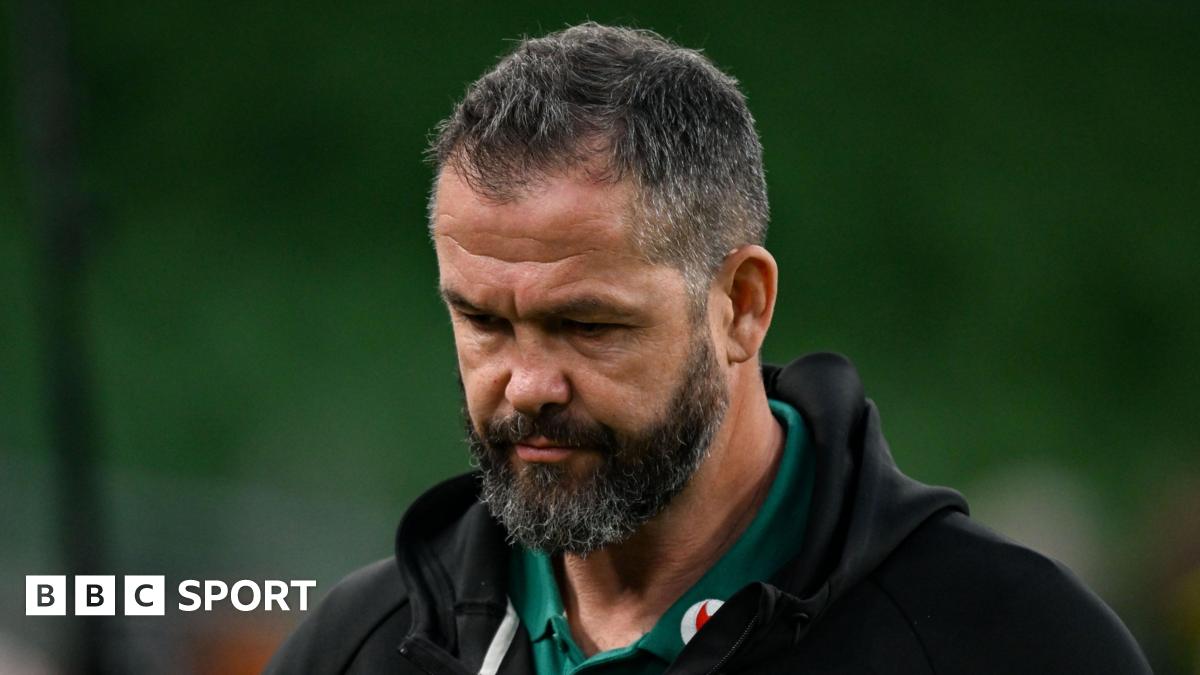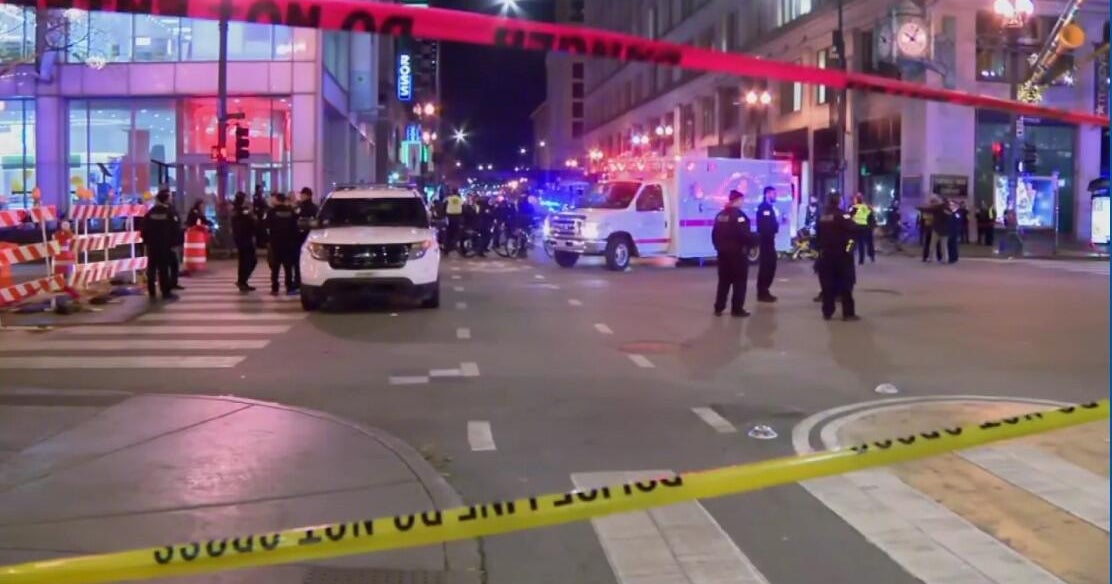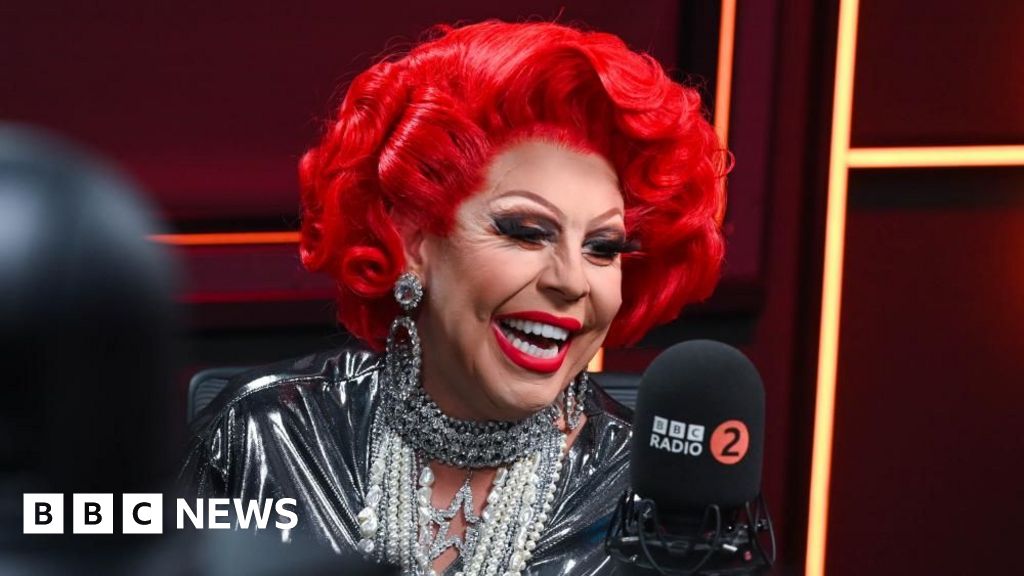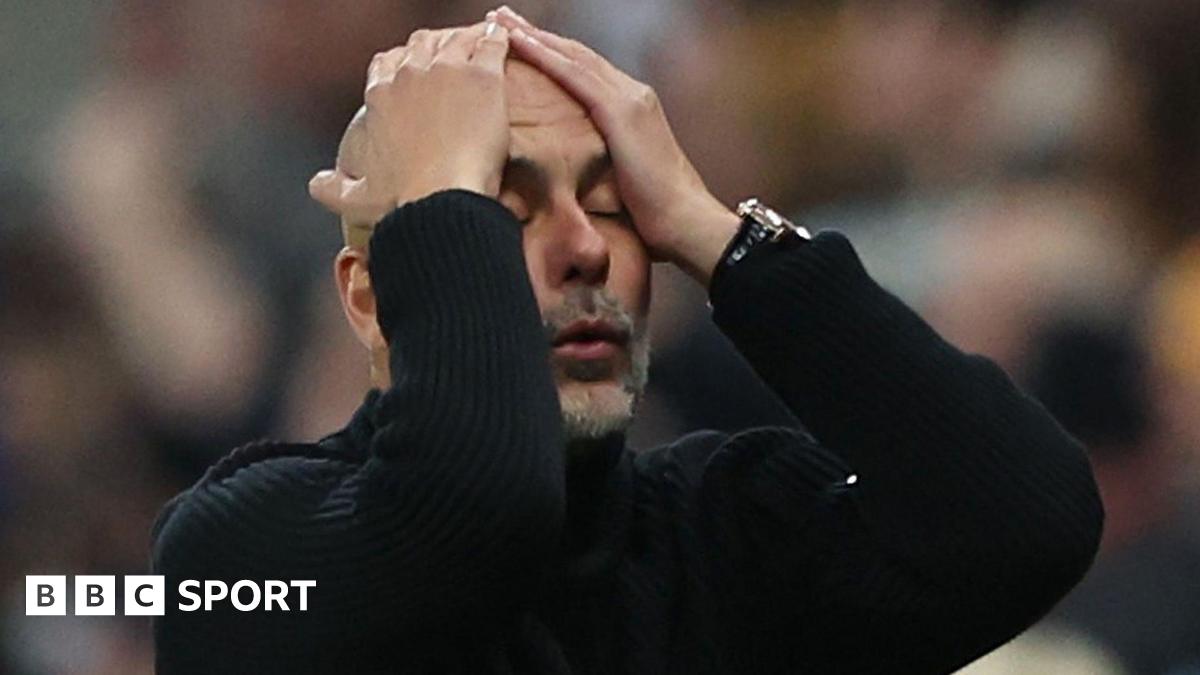Poetry’s a bore, a chore, a snore – or so the haters swear. But is that really fair? This Poetry Month, we’re putting verse on trial. We asked two writers to go head to head: one ready to champion poetry’s power to cut deep and linger long after the page, the other armed with all the reasons it deserves your eye-rolls and groans. So before you scoff at another line break, grab a seat ringside and decide for yourself: is the hatred of poetry justified, or have we all just forgotten how to fall in love with a good stanza?

O Captain! My Captain! Credit: Touchstone
THE CASE AGAINST POETRY
By Suren Jayemanne
I was chuffed when I was invited to be an ambassador for this year’s Poetry Month. Admittedly, I neither write nor regularly read poetry, so I’m mostly in it for the title. I mean, who wouldn’t want to be called ambassador? I was once before invited to be an ambassador, by some digital marketing agency desperately trying to rope influencers into spruiking Oodies. As much as I desire the title of ambassador, I’m loath to be thought of as an influencer. I politely declined. They love-bombed me with flattery, at one point claiming I was “a perfect fit!” I admire the tenacity, but Oodies are one-size-fits-all all, so who isn’t a perfect fit?
By contrast, the Poetry Month people, whose main aim is to show that poetry is for everybody, did not attempt to butter me up at all. Quite the opposite. “You look like you hate poetry, you’re a terrible fit! Perfect!” they said. They wanted me because, as a comedian, rather than poetry, I write “silly little jokes”. Who better to speak for the common man than someone whose art form, unlike other art forms, is not an art form. What they don’t realise is that whenever a silly little joke flops, I tell myself what I actually wrote was a poem.

Suren Jayemanne.
As it happens, as ambassador, I was commissioned to write a poem. I’m ashamed to say, before I sat down to pour out my soul, I fired up a certain search engine to research what makes a poem a poem. I was surprised by what I found – a very clear and unambiguous lack of consensus. It seems even poets hate poetry. Should poems at least follow a consistent metre? Should they rhyme? Is it enough to call something a poem just because it contains an occasional apostrophe moonlighting as a syllable o’er ’ere and o’er th’re?
Outside the poet community, criticisms were unsurprisingly levelled from all angles. Poetry is at once completely uninviting, yet disgustingly available to anybody to write. A poem should be complex enough that its meaning is a mystery waiting to be unlocked, but not so complex that it would seem out of place printed on a pillow. Poetry too often is like eating a risotto; the heart knows there must be some delightful ones out there, but the head sure as hell hasn’t so far encountered anything more than stodge and cheese.
I love that anybody can write it, but it’s simply too easy to publish. Have you ever had a friend read a poem of theirs to you? It’s awful. It’s far too earnest, a moment laden with expectation. You could almost write a poem about it. This happened to me recently, and in hindsight, I probably should have found a more diplomatic response than “write that in the one sitting, did you? But honestly, isn’t there some sort of dream you had recently you could tell me about instead?”
Unfortunately, good poetry was always inherently doomed.
The good stuff, though, that’s good! Hidden among the bad prose cosplaying as poetry, somewhere among the metaphors sucked dry of any literary impact through painstaking over-explanation, there is good stuff. “Shall I compare thee to a summer’s day.” That kind of thing. (Side-note: please don’t compare me to a summer’s day. I’ll save you the time. I’m dry and in my late 30s. It’s called atopic dermatitis and costs me a fortune in skincare products).
When done well, a poem reflects a journey inwards, a poet’s brief departure from the rational and logical to flirt instead with the transient present. The problem with logic is that, while great for narrative arcs or writing succinct and coherent emails in a chain between higher-ups plotting a wrongful dismissal, it dulls the present, stripping it of its magic. The best poets, such as Keats, Dickinson, or closer to home and our present day, David Malouf and Eileen Chong, do the impossible – they catch hold of the uncatchable, grasp the ephemeral, or in the case of Sufi and Hindu mystics such as Rumi or Kabir, capture the soul’s eternal connection to the divine.
Unfortunately, good poetry was always inherently doomed. It excels when it echoes the intangible feeling of existence itself. It reminds us we’re alive. But that must be felt first to be translated to a page. Great poets have demonstrated the journey to writing poetry like that is both inwards and long. It’s inspiring, yet terribly difficult to replicate without years of practice, years of writing. Which is why it’s perfectly reasonable to openly loathe poetry - those compelled to write will write, hone their craft and spend time alone in the woods, and the rest will hopefully be scared off from poetry altogether, or, at the very least, take themselves off to the woods and leave us all alone for a few years.
Suren Jayemanne is a comedian, writer and actor.
THE CASE FOR POETRY
By Eloise Grills
It feels strange to be compelled to write an impassioned defence of poetry.
It’s like when you’re a kid and your parents entreat you to be nice to your nerdy and socially unfortunate younger sibling. This kind of artificial propping up only calls attention to poetry’s inherently piteous nature, like a street urchin in a Charles Dickens novel. And as much as I wrestle it, my inner school bully emerges, demands to dangle it by its gangly ankles and flush its head in a toilet bowl until it can only speak in blank verse. My analogy begins to break down here, as they usually do, like so much toilet paper under poetry’s geeky head.
Hating poetry is like throttling a poor, defenceless nerd for no reason, who just wants to live his one mild and pathetic life; to compare his love’s smell to a flower, even though he has terrible allergies and all his loves are unrequited, at best.
And alright, I guess in the above (and all) scenarios, I am the nerdy and socially unfortunate sibling. I proclaim it, unashamed. Write it in permanent marker, staple it to my forehead: I LOVE POETRY!

Eloise Grills.Credit: Bee Elton
Loving poetry is like giving yourself a lobotomy because your thoughts are just too damn sublime. It’s like suddenly becoming obsessed with other people’s dreams; they are appreciative but slightly suspicious that there’s something irrevocably wrong with you.
I love poetry because it reminds me that for most of time, I was not alive. That the years when I am alive, compared to those where I am not, are insignificant enough to be a statistical anomaly. Poets from the past whisper secrets to me across this vastness, like bats sending their sonic waves across the night. I have had the words “piteous overthrows” (from Shakespeare?) etched in my mind since high school, and I don’t know what they mean or their exact provenance, but I know that they instil this inimitable feeling, like a medieval bell tower ringing out across the windswept valley of my brain.
The best poems are beautiful, but they also harbour a little evil inside, like a Kinder Surprise loaded with a single bullet. Alice Notley seething on the bus, wishing her ex-lover insane. Mary Ruefle venturing out into the snow to have sex with a stranger, their private parts whited out, as by TV static.
I often contemplate these lines from Hera Lindsay Bird, where her lover’s eyes are “like two black cats/ licking their assholes/ in the hot morning sun of my face”. I can and will never look at a cat’s asshole the same.
Poets from the past whisper secrets to me across this vastness, like bats sending their sonic waves across the night.
The beauty and bile in Evelyn Araluen’s Dropbear, bristling with rage at the colonial-settler project. Mary Fallon’s Working Hot, squishing violent and profane turns of phrase such as “what could I club to death to make it possible for us to touch again?” into the curves of my brain.
I love poetry because, like a teenage girl from the early 2000s, it’s like, so random. Anything can be a poem if you insist it is. Anyone can be a poet with a wrinkled copy of Love is a Dog From Hell under their arm, sucking moodily on a cigarette and treating his girlfriend so subtly cruelly that she thinks she’s the problem.
To be a poet is to have the singular, universal experience of encountering Sylvia Plath and deciding that you, and only you, have her soul lurking within you, begging to be expressed in lovelorn verse. And then to forget about it and write copy for an ad agency, like Lady Lazarus, if she cared inordinately about superannuation. That’s poetry. To be a poet is to cleave to the ridiculous, to hold a penchant for melodrama, an absurd lust to capture manias in wry fragments before they turn to ash in your mouth.
We need not reserve poetry for serious milestones. Funereal elegies and wedding poems are all fine and dandy, but they have the bureaucratic mouthfeel of reading someone their Miranda rights. Same for the allure of the Australian pastoral. Please don’t @ me, John Kinsella, but writing for 25 minutes in a Year 12 English exam about honeycombed sheep skulls is hardly the way to be set alight by the possibilities of poetry.
Loading
The best poems make you feel like a killer, returning once more to the scene of the crime. They hold on to you, like you’re an elderly woman who’s forgotten your husband’s name while your mind is held at gunpoint by the lyrics of Mambo No. 5.
To be a poet is to be a poor, defenceless nerd, and to hit yourself over the head, while taunting yourself to stop hitting yourself.
It is a sestina, written by an idiot, dumped like a turd into a cistern, signifying nothing. And despite myself, I want to swirl my own head up and down in its holy toilet water. Religiously, repeatedly, amen.
Eloise Grills is an artist and the author of Big Beautiful Female Theory.
Suren Jayemanne and Eloise Grills are taking part in Poetry Month 2025 celebrations, which culminate in the annual Gala at the State Library of NSW on Thursday, August 20. They’ll also take part in The Hatred of Poetry event is on Thursday, August 14, at Melbourne’s The Wheeler Centre. More details here.


















































